OFC members adopts a new suite of policy priorities on an annual basis
Current Policy Priorities 2023 - 2024
Securing BC’s Old Growth for the future
The BC government has committed to fully implement the 2020 Old Growth Strategic Review recommendations, which are essential to safeguard the remnants of BC’s old-growth forests with big trees. It must start with immediate logging deferrals in all at-risk old-growth forests to enable solutions-oriented discussions with First Nations about what the future could hold. BC urgently needs legislation that establishes the conservation and management of biodiversity of British Columbia’s forests as an overarching priority for all sectors.
Mineral Tenure Act Modernization in light of DRIPA
The Mineral Tenure Act’s 150-year-old free-entry regime remains a key tool of colonization. BC needs a modernized Act to ensure mining claims respect Indigenous title and rights, avoid growing land use conflicts, and improve certainty. Our laws should place common-sense restrictions on where mineral claims and exploration activities are allowed and require Indigenous and private landowner consent. Rather than an automatic right to a long-term mining lease, mineral claim-holders should undergo environmental review with meaningful public participation and secure Indigenous consent. This would stem the flow of millions of taxpayers’ dollars in compensation to claim-holders to meet conservation and reconciliation imperatives.
Protecting 30% of BC by 2030
Wildfires, floods, and droughts are among the most pressing and devastating impacts of climate change faced by the people and ecosystems in BC. The urgency of the twin climate and biodiversity crises requires immediate action, including protecting biodiversity. BC must match Canada’s commitments to protect 25% of its lands and waters by 2025, increasing to 30% by 2030 and support efforts by First Nations and communities to protect wildlife, species-at-risk, and ecosystems, and support global efforts to respond to climate change. To achieve this the BC government must allocate the necessary resources while co-developing legislative, regulatory, and capacity pathways to facilitate Indigenous-led conservation.
Meeting BC’s Oil and Gas Climate Target
The government's 2021 CleanBC Roadmap still has significant gaps from current GHG emissions to BC’s 2030 target. No sector threatens the province’s ability to reach the 2030 target more than the oil and gas sector and LNG. The oil & gas sector strategy under development must remove subsidies and other preferential treatment for LNG, reduce methane emissions to near-zero by 2030, and ensure BC Hydro is a full partner in our collective efforts to meet BC’s targets.





